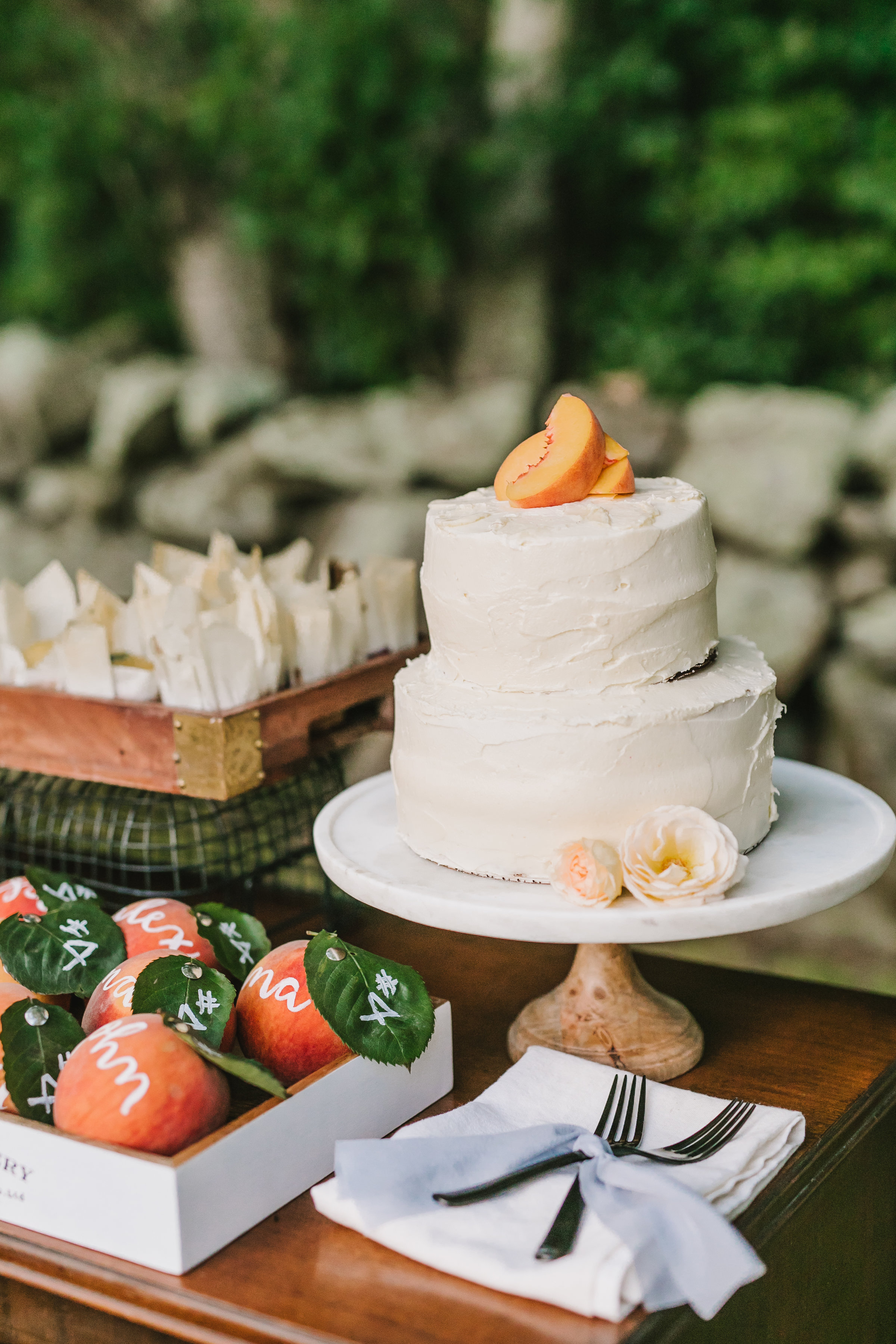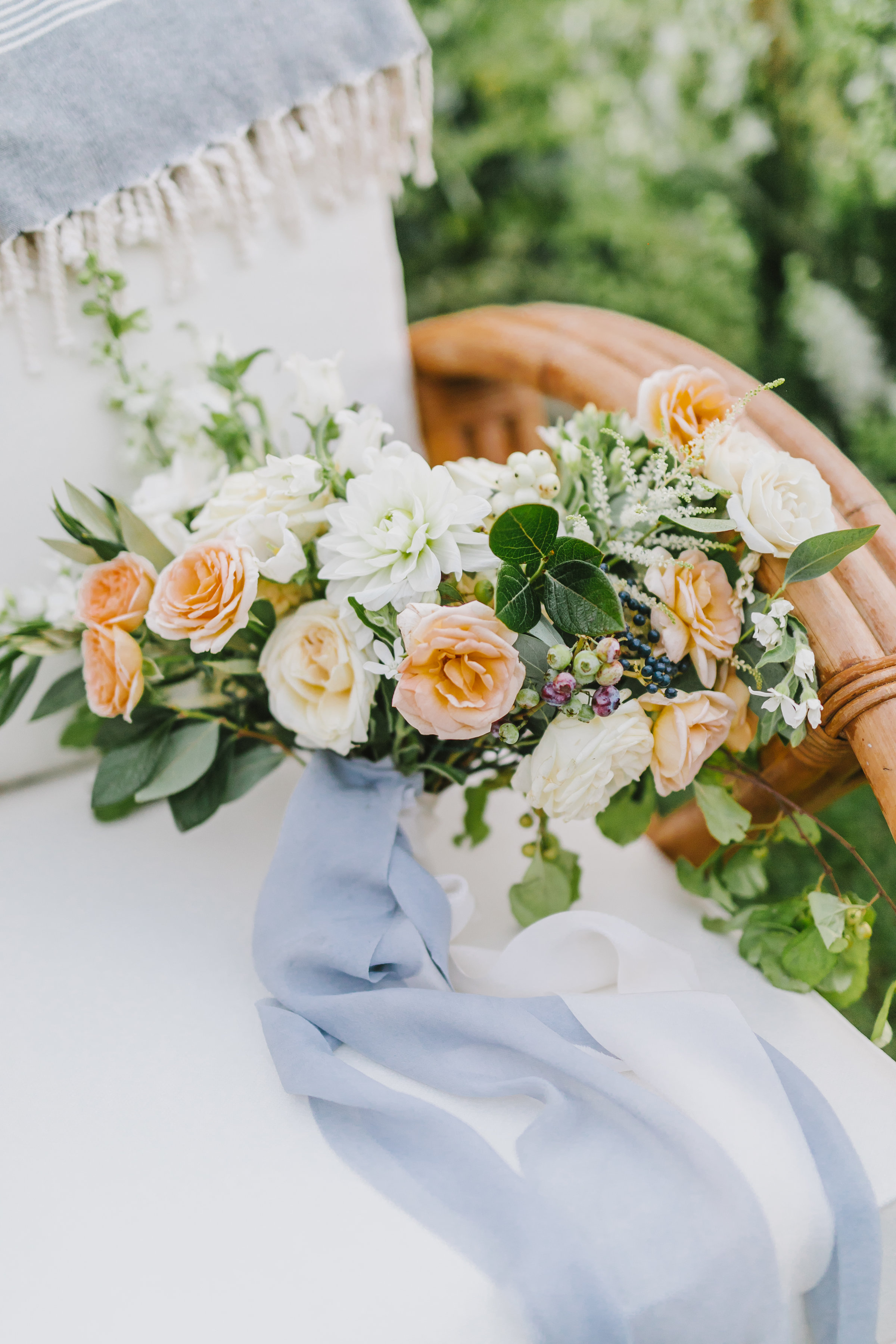You already know that education is one of the best investments you can make in your business (and if you're feeling overwhelmed or confused about what to invest in first, I created a free PDF with a checklist of what to invest in and when!), but there are SO many education options out there - you don't want to waste time or money on one that isn't a good match for you!
So, I've put together a list of the available types of education out there + a short description of pros, cons, and things to consider for each! Hope this helps!
Freebies (blog posts like this one, podcasts, downloadable resources): Lots of great, basic info - good for getting your ideas flowing and to help you understand concepts and ideas. And they’re free!
Books: Inexpensive or free, but information may become out of date or not as relevant quickly, so they’re best used when it’s a topic about strategy rather than specific tactics.
Online Course (short, specific): Usually very approachable price wise (often $150-$650 range) and a great value for the money you’re spending. Often pretty actionable and results-focused, and since they’re short, they’re easy to consume, finish, and put into action. Focusing on a narrower topic means you’re less likely to get overwhelmed and end up doing nothing. My personal favorite kind of impersonal coaching (aka learning from something recorded/written and meant for consumption by a large group of people rather than one on one or small groups - this includes live talks to large groups at workshops/conferences).
Online Course (long, comprehensive): Typically more in the $750-2,000 range, so a bit more expensive (rightfully so). Great value for the money IF you actually finish the course in a timely manner and don’t get easily overwhelmed. Keep in mind that it’s surprisingly rare for people to finish online courses (which is why I’m a fan of shorter, more specific courses lately!), so consider your personality, your schedule, and your goals/the results you expect to get out of it before purchasing one of these. If you do finish them, they can be amazing! Facebook groups that go with these courses and material that is released one week at a time over the course of 4-6 weeks tend to help fight the overwhelm and keep you focused, so look for courses that have those options.
Small/Intimate workshop: Price varies for these, but they tend to be in the $500-$2500 range. Slightly more personalized attention and often the opportunity to ask questions is nice - something that isn’t as available with bigger workshops. They can be great for networking and community building since you’ll likely get to know the people you’re with. Less overwhelming if you’re shy or introverted. Often more focused on one topic, which I’m a fan of. Before investing in one, make sure you do a cost/benefit analyses on the topic - is this topic one that is going to help you make more money in your business in a tangible way? Or is it something less tangible, like improving your shooting skills (without focus on any one skill in particular that you’re looking to learn)? If it’s the latter, your money is likely better used elsewhere.
Medium to Large Workshop (local): Often on the more affordable side of things for an in-person event. What’s nice about larger workshops is that there are often multiple topics and presentations from multiple people that you can learn from, so you can get a mix that works for your unique needs at this point in your business. It’s also less likely to have “celeb” type educators, and instead have local successful business owners - I think that can make things more approachable (and those people may be more approachable too after their presentation!). Lots of opportunities to network since there are lots of local photogs there! Can get overwhelming taking in that much info in a short period of time and being around so many new people, though, so know yourself, and choose a different type of education if that doesn’t sound like your jam!
Medium to Large Workshop (destination): Often the most expensive type of in-person mass-education out there. A lot of times these feature educators that have become somewhat like celebs in the photography world, so it can be a cool opportunity to learn from them and potentially meet them in person, and get to know other photographers who look up to the same people as you do, which can be pretty cool! Just do your homework before you buy a ticket - some “celeb” educators have GREAT reputations for education, and others… not so much. Also, if you’re starting out and aren’t making enough to go full-time yet, I’d tend to advise that you use your money on a different form of education - these tend to be more expensive because of the “cool” factor. There’s nothing wrong with paying for that, or going just because it’d be fun! But as your business is growing, you can get a lot more value for the money you’re spending, which is extra important while you’re still on the smaller side :)
1:1 Mentor Sessions: Mentoring sessions are often more expensive, but the individualized attention having someone more experienced, knowledgable, and successful than you problem solving things about your business with you is POWERFUL!!! You’ll often leave mentor sessions having learned some really key pieces of information, with powerful insights, and a refreshed mindset and tons of motivation (super important!). These are often best when you really want to learn from someone specific about solving 1-3 problems/questions you currently have OR if you want to learn about taking your business to a new level and want advice on that (hiring a team, hiring an associate photographer, adding video to your team are just a few examples!).
The downsides are just the expense and that it’s often a one-time session that’s mostly focused on helping you where you are NOW, rather than checking in with you throughout the year and acting as someone to support you, encourage you, and keep you accountable as things move forward.
Ongoing Business Coaching: This type of coaching pretty much solves the problems with 1:1 mentoring since it’s ongoing. This is a pretty surefire way to up level your business much faster than you could on your own. The tradeoff? It’s expensive. But you’ll make more money much more quickly (and with fewer mistakes that suck the life out of you!) along the way.
Mastermind Groups (free): Free mastermind groups typically consist of a group of likeminded people in similar places in their businesses committed to getting together to trade ideas and help one another grow. If you can find a good free one, it can be really powerful! Unfortunately, free ones are often led by the group and there isn’t as much of a commitment (or one person at the next level teaching you all how to get there), so there are plenty of duds, too. No harm in joining one if you can find it! Just make sure to be assessing whether or not it’s actually helpful for you.
Mastermind Groups (paid): Paid mastermind groups are typically led by someone who is at the next “level” - someone who has achieved what you want to achieve. They usually cost in the 10s of thousands of dollars to join, can be joined by strict application process only, and most last for a year. They can be fully online, fully in person, or a mix!
These are incredibly powerful for a LOT of reasons. Investing a lot of money is a POWERFUL motivator - it’s a sign to yourself and to the world that you’re serious about moving to the next “level”. If you’re investing serious money like this, that’s clearly where your priorities lay, and you’re going to work hard to make sure it doesn’t go to waste. Being led by someone who has already gotten there majorly mitigates the risk of just guessing at how to level up and kind of flopping around in circles or hitting multiple dead ends or making big mistakes along the way. The year-long timeframe means that information can be released in less overwhelming intervals, and the group and the mastermind leader are there to help pick you up and keep you motivated when you hit snags or seasons of overwhelm.
And possibly the most underrated part? Your fellow mastermind participants will change your life! Being surrounded by motivated people and seeing the back end of their process is HUGEEEEE. I seriously can’t get over how life-changing this can be. You start to understand that things are possible because you’re surrounded by people like you doing it, and you get to see exactly HOW they’re doing it. You get to receive tons of feedback from these other brilliant people, and the relationships you build will last a lifetime.
Masterminds generally are something people join when they’re a little further along in their business, since they’re expensive, but when you get to that point, they’re so worth it! Make sure you click with the vibe of the person leading it before joining - you want to make sure this is going to be a group you enjoy being around and feel comfortable being vulnerable with (it’s hard to grow if you’re always feeling like you need to appear better than you are!). I joined my first mastermind group this year (2018), and it’s forced me to grow in ways I couldn’t have imagined!
Traditional Education (college): This is my least favorite option for photographers when it comes to business - traditional education tends to be by far the most expensive and time-consuming option of everything listed here, and the structure of traditional schooling means that it’s difficult for the curriculum to stay truly up-to-date and relevant.
That’s not to say there isn’t anything to be learned or gained from this type of education, but if you’re pretty set on becoming a wedding or family photographer, I’d feel very comfortable betting that your business will go much further if you spent the money you’d need to spend on traditional schooling on any of the above options instead.










